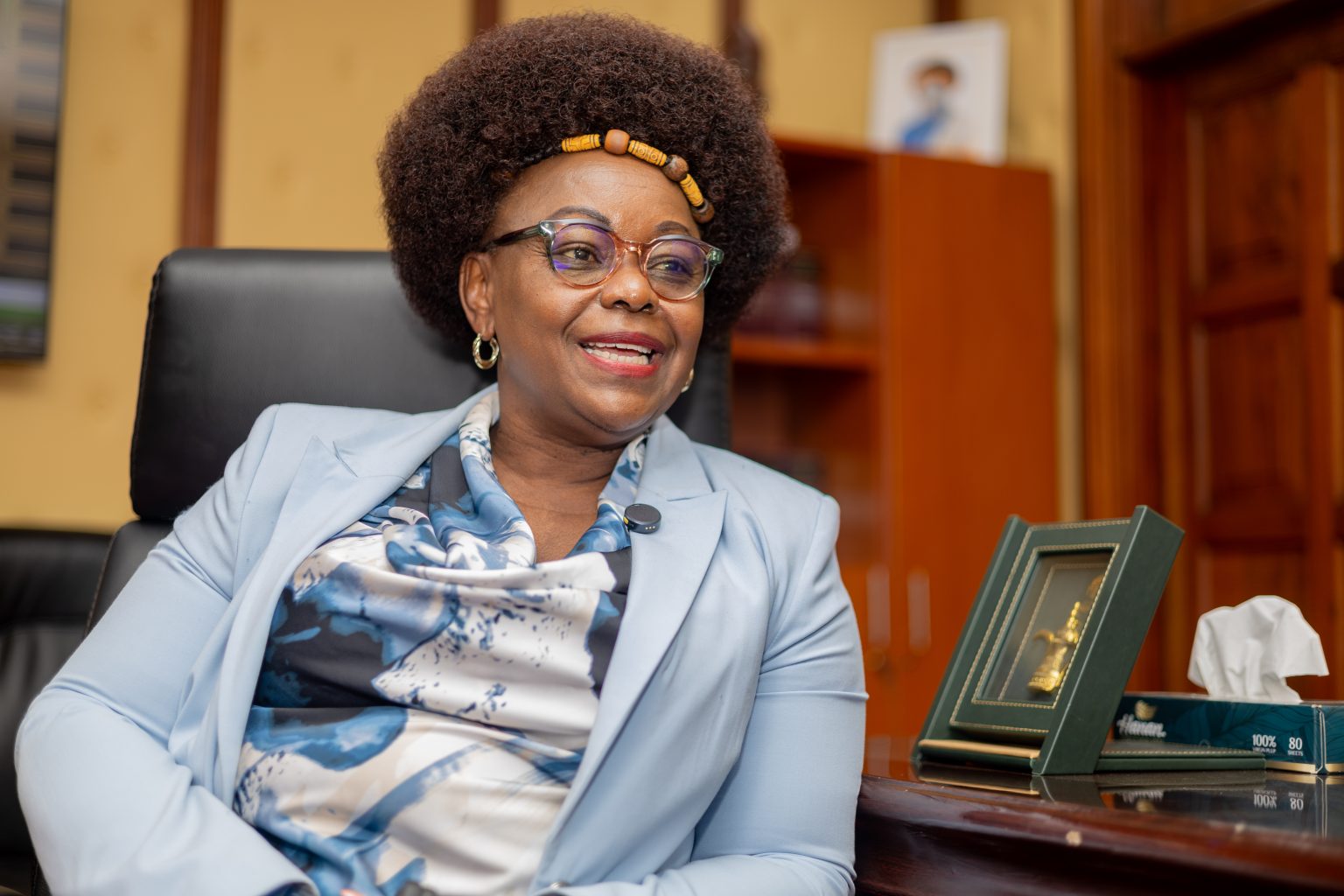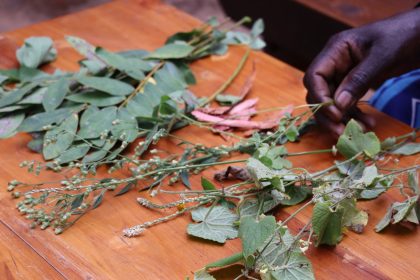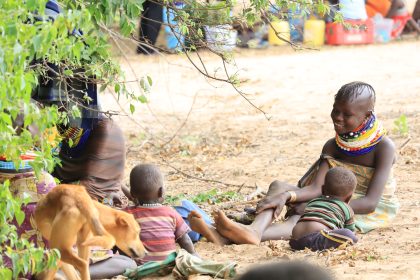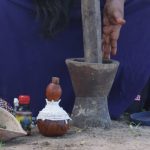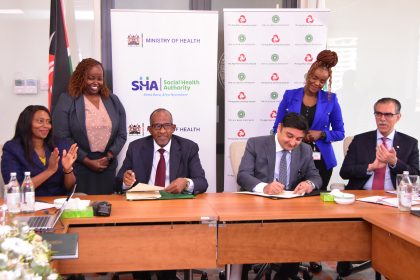In Kenya, one in three couples struggles with infertility. However, the lack of oversight in assisted reproductive technologies such as IVF and surrogacy has, over time, left couples vulnerable to financial exploitation and medical risks
Women struggling with infertility and childlessness will, for the first time, be able to legally access assisted reproductive services such as In Vitro Fertilisation (IVF) and surrogacy after Parliament finally passed the Assisted Reproductive Technology Bill, 2022.
The Assisted Reproductive Technology (ART) Bill, sponsored by Suba North Member of Parliament (MP) and legislator Millie Odhiambo, aims to bring order to Kenya’s largely unregulated fertility treatment sector, marking a turning point for thousands of Kenyan women struggling with infertility.
The Bill creates a legal framework to licence clinics, regulate surrogacy, define parental rights, and set safety standards.
It further bans commercial surrogacy and allows only altruistic surrogacy where the surrogate mother does not receive financial compensation beyond reimbursement for medical expenses, to support Kenyan commissioning parents who are divorced, widowed, or single, and medically certified as unable to conceive naturally.

The Bill is a welcome relief for women like Elsie Wandera, who knows too well the pain and struggle that comes with infertility. Having suffered endometriosis, a medical condition that causes extremely painful periods, she has lived through physical pain, stigma and the “curse of infertility”.
Wandera, who is co-chair of the World Endometriosis Organisations (WEO) and founder of the Endometriosis Foundation of Kenya, says the endometriosis triggered premature ovarian failure, meaning she would never conceive naturally because she had lost both her ovaries due to the disease progression.
“I was never going to conceive naturally,” says Wandera of the struggle with childlessness. “We live in a society in the African context that objectifies women. And I think our only role seems to be to have children. I felt like an essence of my womanhood had been robbed. I was in a sad and depressed state.”
IVF treatment in Nairobi costs from Ksh400,000 per try, with no guarantee of success
In Kenya, one in three couples struggles with fertility, with the World Health Organisation estimating that one in six people of reproductive age globally experience infertility in their lifetime.
While assisted reproductive technologies such as IVF and surrogacy have existed globally for decades, their practice in Kenya has remained relatively undeveloped and unregulated.
This legal vacuum has created conditions where unprofessional and potentially exploitative practices flourish unchecked, making urgent the need for a comprehensive regulatory framework.
The lack of oversight has, over time, left couples vulnerable to financial exploitation and medical risks. IVF treatment in Nairobi costs from Ksh400,000 per trial, with no guarantee of success, which is far above what many Kenyans can afford.
The hefty costs, along with health implications and lack of regulation, are what pushed Hon Odhiambo to introduce the Bill in Parliament, with the hope that it will lower costs and expand access. The legislator has often spoken about her journey with childlessness; a condition she says was brought on by fibroids, which she lived with for several years.
“What I am telling Kenyans is that we will try our best to make it easier for you to have children through assisted reproduction. If technology can help people whose marriages are breaking, why not? We will use technology to make life easier and save marriages,” she said.
The Bill, which received overwhelming support during the vote taken on Tuesday, November 11, 2025, also supports the devolution of fertility services to all 47 counties, which could further reduce costs and ease pressure on Nairobi-based clinics.
Assembly Speaker Moses Wetang’ula welcomed the decision, saying it would open opportunities for people suffering from infertility to graduate to parenthood. “I know many of my relatives and friends who could benefit from this law.”
More men have problems with infertility than women, with the biggest issue being poor sperm quality
Among the loopholes the Bill will address is the lack of regulation in the reproductive health sector, with experts calling for safeguards to ensure that patients receive proper care.

“I have seen patients die because of ovarian hyperstimulation syndrome,” says Dr Kireki Omanwa, President of the Kenya Obstetrical Gynaecological Society.
Dr Omanwa says for many women, infertility stems from infections that damage the fallopian tubes, noting that only 38.1 per cent of Kenyan women know their fertile window, yet time remains the most critical factor in fertility treatment. Cultural stigma compounds this pain as many couples stay silent, delaying seeking medical help.
Dr Omanwa, however, challenges the assumption that infertility only affects women, and “In terms of numbers, men actually have a bigger problem than women. The biggest problem with male infertility is sperm quality.”
He lists low sperm count, poor motility, and abnormal shape of sperm as the leading issues, with root causes ranging from genetic conditions such as azoospermia, which affects 3 to 4 per cent of Kenyan men, infections, hormonal problems, injuries, and lifestyle factors.
“Smoking introduces thousands of chemicals, including heavy metals, which disrupt sperm production,” he says.
He further highlights diseases such as testicular cancer, complications from hernia surgery or undescended testicles, erectile dysfunction, diabetes, and high blood pressure, all of which affect fertility. Medicines used to treat these conditions can also interfere with sperm production.
Dr Paul Kamau Koigi, a consultant Obstetrician-Gynaecologist and Reproductive Endocrinologist, says for women, major causes include fibroids that distort the uterus, severe endometriosis, ovulation failure, and polycystic ovarian syndrome (PCOS), where eggs develop but are not released.
Dr Koigi says in many cases, the delays often last years, with many people taking 10 to 20 years before they seek proper help, “But by then, fertility potential is substantially compromised.”
The delay in seeking medical attention is a major barrier, as couples often start treatment with herbal remedies, traditional healers, and spiritual solutions.
A surrogate must be at least 25 years old, have given birth before, and must relinquish all parental rights after birth of the child
The Bill will address this by introducing strict regulations stating that only authorised medical and licensed professionals will conduct assisted reproduction procedures. The Kenya Medical Practitioners and Dentists Council will guide licensing and revoke licences where standards fall short.
It also creates an Assisted Reproductive Technology Directorate to regulate all ART services, set standards, keep national registers, and issue, suspend, or revoke licences. All facilities and professionals must be licensed, and the Directorate must inspect premises before approval at least once every year. It also sets minimum training requirements for ART experts and embryologists.
It states that a surrogate must be at least 25 years old, have given birth before, and she must relinquish all parental rights after birth. Commissioning parents assume legal parenthood immediately, and every surrogacy agreement must be written and witnessed by at least two people.
The bill sets ethical boundaries and restricts the creation and use of embryos only to authorised procedures.
It also sets minimum training requirements for ART experts and embryologists. The law prohibits human cloning, sex selection unless for confirmed medical reasons, mixing human and animal gametes (cells), creating or using embryos outside the rules, and using embryos beyond the appearance of the primitive streak.
Gametes or embryos cannot be used without written consent, and no one is allowed to sell or trade them. Further, gametes cannot be taken from anyone under 18 years of age except for their own future use and with parental consent.
Contravening the licensing law will attract a fine of up to Ksh5 million, imprisonment for up to five years, or both
ART cannot be used for human modification, experimentation, or speculative purposes. All procedures require informed and written consent, which can be withdrawn before implantation, and posthumous use of sperm or embryos is only allowed if the donor gave prior written approval.
Compensation for surrogates is limited to reasonable expenses, and agreements can be ended only before implantation. The Directorate must also keep a confidential national database of ART recipients and donors.
The Bill further states that gametes and embryos may only be stored for the legal period, usually up to ten years, and unused embryos must be prioritised in later treatment cycles.
Breaking the law attracts strict penalties, with offenders facing a fine of up to Ksh5 million, imprisonment for up to five years, or both for individuals contravening this licensing prerequisite. Following the passing of the Bill by the National Assembly on November 11, 2025, it now awaits the Senate’s approval before subsequent presidential assent, pushing Kenyans a step closer to long-awaited reproductive health freedom and rights.



